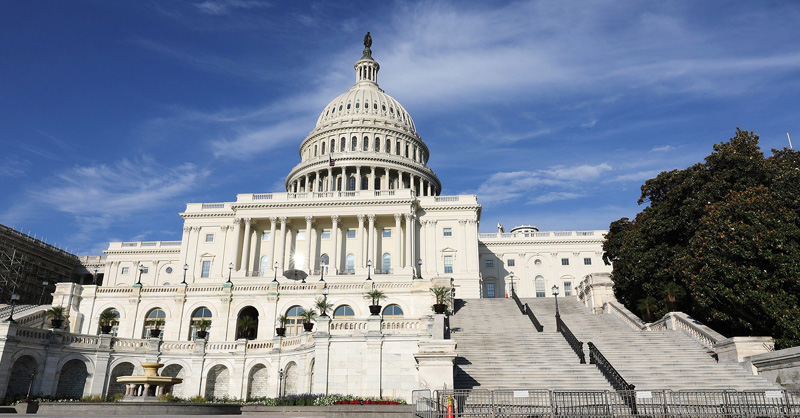Khan’s ambitious agenda hampered by congressional delays on privacy
01 November 2021 00:00 by Claude Marx

On Capitol Hill, it appears privacy policymaking has hit a wall. That’s been a challenge for the Federal Trade Commission.
Chair Lina Khan has laid out ambitious enforcement plans, but the Biden administration and congressional Democrats have been slow to provide resources needed to help achieve them.
Khan has outlined an agenda that includes using the agency’s antitrust enforcement as a means to protect privacy. In a recent policy statement to Congress, she said “persistent commercial data collection implicates competition as well as privacy. In particular, concentrated control over data has enabled dominant firms to capture markets and erect entry barriers, while commercial surveillance has allowed firms to identify and thwart emerging competitive threats.”
It’s an argument the FTC used when it refiled its antitrust lawsuit against Facebook.
But the agency needs more money, staff members and enforcement authority to implement its agenda. The legislative reinforcements have lagged.
Democratic lawmakers have urged the agency to embark on aggressive privacy rulemaking, while Republicans have thrown cold water on the idea, urging it to defer to Congress.
Even if Khan wanted the agency to undertake the multi-year rulemaking process, it requires a great deal of staff time. The agency has been short-staffed for years and since Khan became chair in June, 49 employees have departed, constituting 4.2 percent of staff.
Further, Khan likely can’t begin gathering support for the rulemaking process until Congress confirms a third Democratic commissioner to end the current 2-2 split. President Joe Biden nominated Georgetown University law professor Alvaro Bedoya for the vacant commissioner’s slot but no confirmation vote has been scheduled.
As in past years, lawmakers have been in discussion about privacy legislation, but aren’t close to an agreement on it. The Biden administration hasn’t made it a priority, putting emphasis on getting its infrastructure and social spending bills over the finish line.
Senate Republicans, led by Roger Wicker of Mississippi, have reintroduced a privacy bill that’s a starting point for talks.
Its provisions include authorizing the FTC to develop new rules to expand categories of sensitive data; requiring the agency to tell a federal or state agency if it discovers it has processed data in a way that violates antidiscrimination laws; requiring the FTC to keep a data broker registry; and expanding the agency’s powers over the data practices of common carriers and nonprofits.
Wicker is the ranking member of his party on the Senate Commerce Committee, which oversees the FTC’s consumer protection activities.
Several sources told FTCWatch that privacy legislation would be the most likely vehicle for restoring the agency’s power to obtain certain penalties under Section 13(b) of the FTC Act. In April, the Supreme Court ruled unanimously in AMG Capital Management LLC v. FTC that Section 13(b) authorizes only injunctive relief — not equitable monetary relief. The House passed a bill restoring the FTC’s authority in July.
The FTC could also get additional resources to establish a privacy bureau.
The early version of the social spending measure working its way through Congress contained a $10 billion authorization to fund an FTC bureau to focus on privacy enforcement for 10 years. But after negotiations cut the once $3.5 trillion measure to $1.75 trillion, the new version contains an authorization of $500 million over 10 years.
One bright spot for the agency is Congress will probably give it more money, but not as much as the Biden administration is asking for.
The Senate Appropriations Committee recently approved a spending plan for the current fiscal year that would give the agency $384 million to fund its operations. This year the House approved the administration’s request for a $390 million funding level.
The FTC’s current budget is $351 million. Even though the fiscal year began on Oct. 1, the government is being funded by a continuing resolution, which keeps funding at current levels through Dec. 1.
Related Articles
No results found
